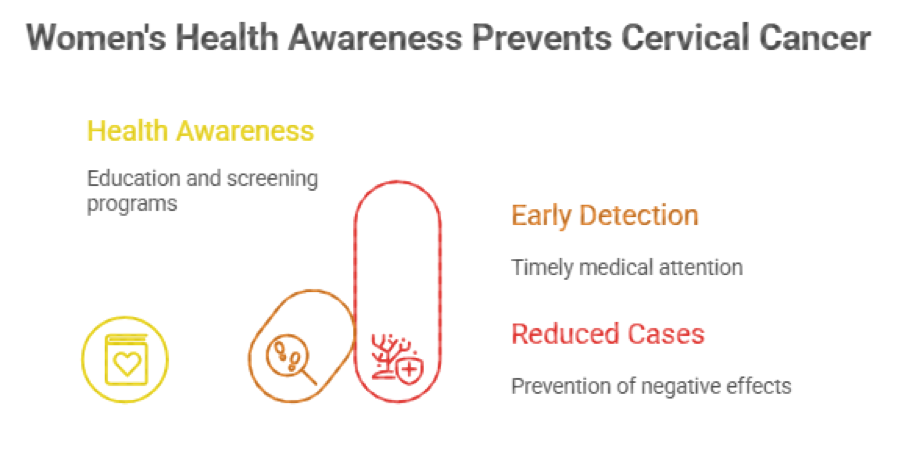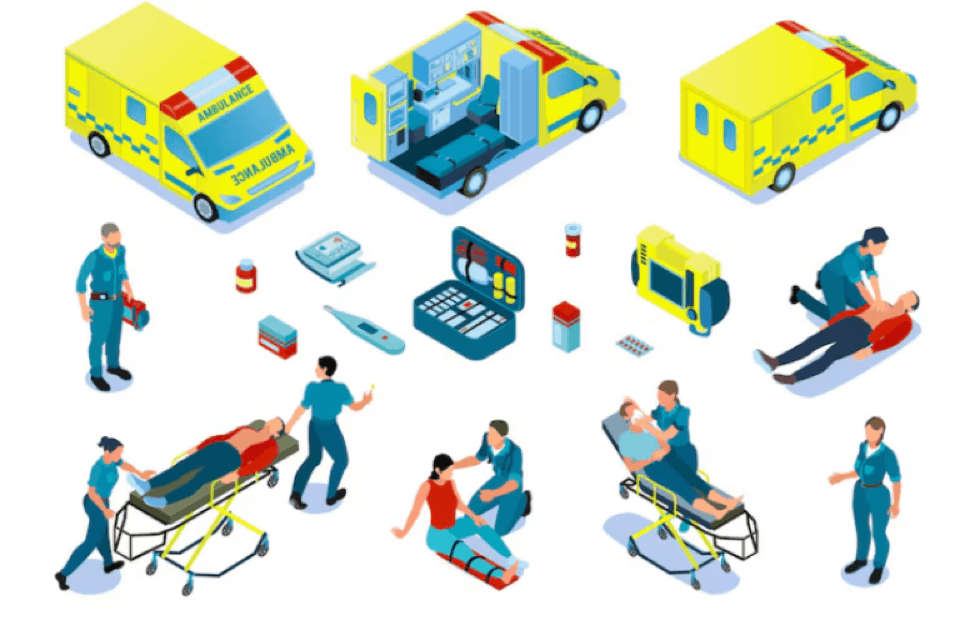Our Services
Gastroentology
Focus: This service specializes in the diagnosis and treatment of diseases of the digestive system.
Conditions Treated:
- Gastroesophageal Reflux Disease (GERD): Acid reflux and heartburn.
- Irritable Bowel Syndrome (IBS): Abdominal pain, bloating, diarrhea, and constipation.
- Inflammatory Bowel Disease (IBD): Crohn’s disease and ulcerative colitis.
- Celiac Disease: An autoimmune disorder triggered by gluten.
- Ulcers: Peptic ulcers in the stomach and duodenum.
- Liver diseases: Hepatitis, cirrhosis, fatty liver disease.
- Pancreatitis: Inflammation of the pancreas.
- Gallbladder diseases: Gallstones, cholecystitis.
- Colon polyps and cancer:
Services Offered:
- Endoscopy: Upper endoscopy (examines the esophagus, stomach, and duodenum), colonoscopy.
- Diagnostic tests: Blood tests, stool tests, imaging studies (ultrasound, CT scan, MRI).
- Medical management: Medications to treat symptoms and underlying conditions.
- Nutritional counseling: Dietary advice to manage digestive issues.
- Minimally invasive procedures: Endoscopic procedures for the removal of polyps, treatment of ulcers, and other conditions.
Recent Posts
Multimedia











